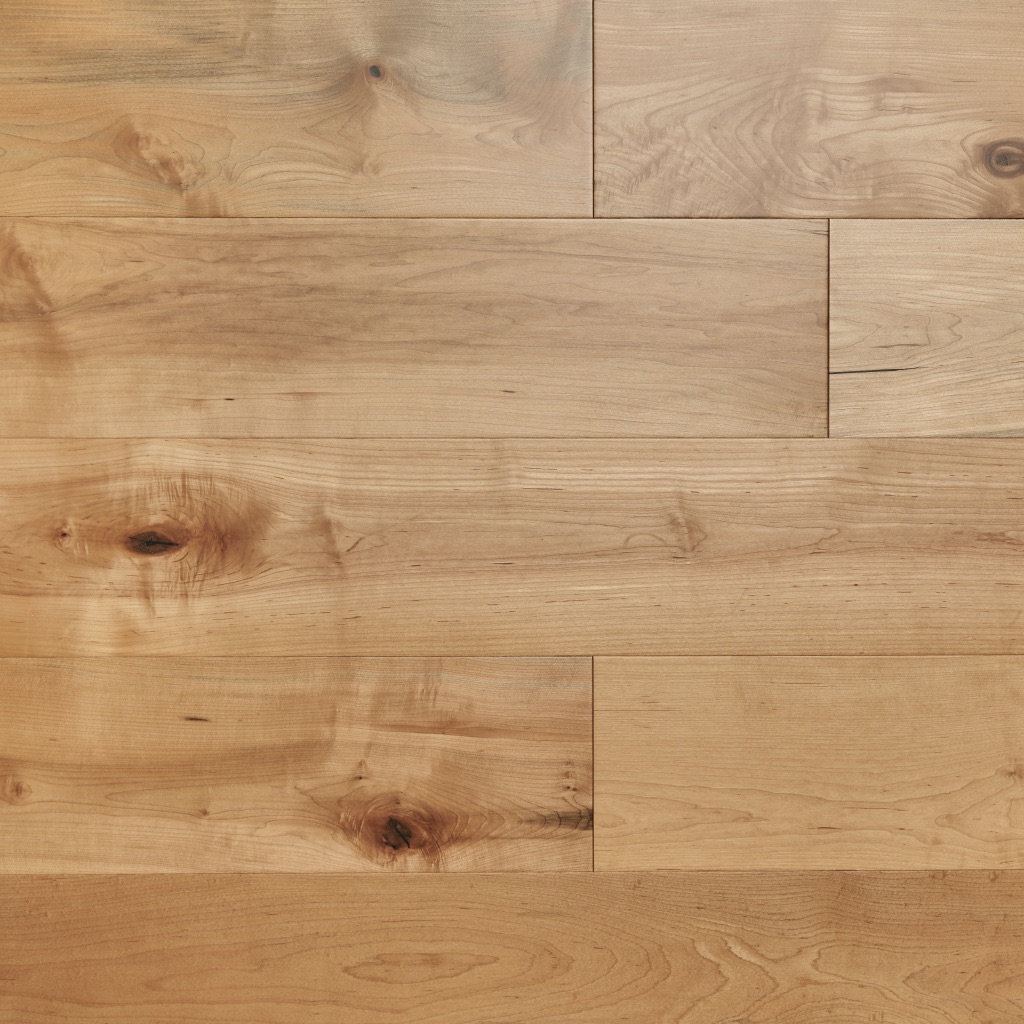Spring is (almost) in the air, and with cold dreary days slowly going back into hiding for yet another year, now is the perfect time for homeowners to get ready for renovation season. Overhauling your flooring is one of the most exciting types of changes you can make to your home, because not only does it dramatically change the look of your home right away, it can also add significant comfort and value to your property for both the short and long term.
At Ashley Fine Floors our biggest passion is helping homeowners like you find the perfect fit for their dream spaces, and to make sure you have the help you need when it comes to installation and more. Below, we’ll talk about one of the most coveted and stylish options available on the market: engineered hardwood. As traditional hardwood’s younger sibling, engineered hardwood has plenty of benefits to offer. Take a closer look by reading on!
What’s The Difference?
If you weren’t aware that there are different kinds of hardwood flooring, you’re not alone. While you’ll see plenty of references to “hardwood” as a catch-all term in home style magazines, on Pinterest, and other inspiration sources, few take the time to dive into what the actual difference between traditional and engineered hardwood is.
While both are stunning options to add to your home, it’s important to be aware of the core distinctions that set each apart. Solid Hardwood (also known as traditional hardwood) is made from a single piece of wood and is typically much thicker than its engineered counterpart. This thickness helps allow for resanding over the years, which keeps the planks looking fresh and eliminates minor wear and tear. Sanding can add extra decades of life to your floor, but because there’s only one plank of wood used in the overall construction, you’ll find that this kind of hardwood is more at risk for water damage, scratches and shrinking/expansion during temperature fluctuations and after exposure to humidity.
Engineered Hardwood, on the other hand, is made by combining several layers of high-quality plywood, then coating them with a hardwood veneer. The finished product is slightly thinner than traditional planks and only allows for planks to be resanded a few times as opposed to multiple times over the years.
While you may lose the ability to sand as much as you would with solid planking, the positive trade-off here is the fact that engineered hardwood is less susceptible to humidity fluctuations and has more flexibility when it comes to where it can be placed in the home, including over concrete or radiant heating.
Which Works Best?
Wondering which hardwood works best for your home? We don’t blame you! It can feel tricky to figure out what works best for your space. The biggest thing to keep in mind is that no two homes are the same, and the needs of your space, as well as your lifestyle, will help point you in the right direction. When considering the kind of hardwood to use, you’ll want to think about:
- Purpose of the space
- Environmental challenges
- Exposure to moisture and humidity
- Potential external damaging factors
- Overall budget
Each of these factors plays a key part in finding your perfect fit, and with the help of the experts Ashely Fine Floors has in store, you’ll be able to make your choice with confidence!
Have more questions about Hardwood? Ashley Fine Floors is your first choice team of flooring experts in the Capital Region. Contact our team today to learn more.
